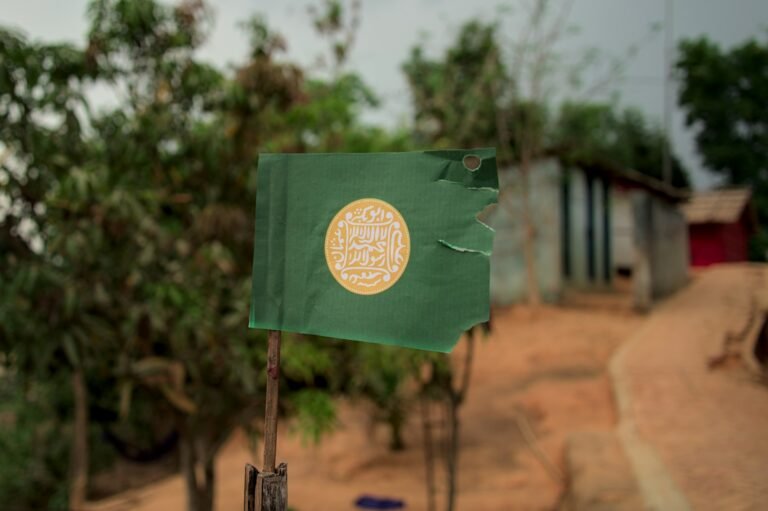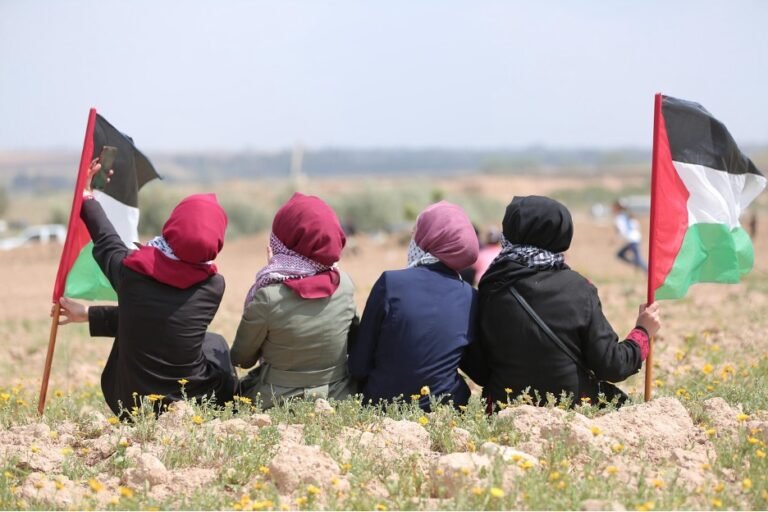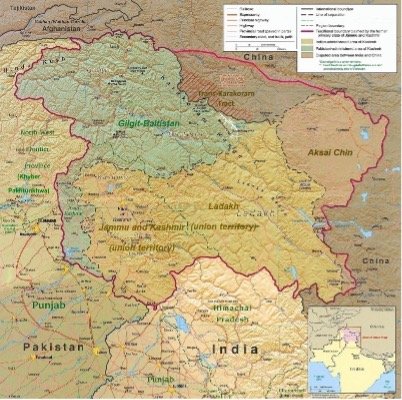On October 17, 2024, the International Crimes Tribunal of Bangladesh (ICT-BD) issued arrest warrants for former Prime Minister Sheikh Hasina and 44 others, including senior members of her cabinet. This decision came after the interim government of Bangladesh announced an investigation into the crimes and violence that occurred during the student-led protests from July 15 to August 5, 2024, under the supervision of the United Nations. [See UN Primary Report] The warrants were based on a complaint filed by a lawyer, on behalf of the father of one of the students who died in police gunshots during the massive street protests, accusing Hasina & her cabinet officials of committing crimes against humanity (CAH) and genocide during this period of unrest. Hasina, who eventually resigned and fled to India, has been ordered to appear before the court by November 18, 2024. While Bangladesh has formally initiated extradition proceedings, this contribution delves into an analysis with an argument that considering the ICT-BD’s limited jurisdiction, the International Criminal Court (ICC) would serve as a more appropriate venue rather than ICT-BD for adjudicating the trial against Hasina, if there is a case of CAH against her at all.
Temporal Jurisdiction Challenge
Bangladesh is a State Party to the Rome Statute, having ratified it on March 23, 2010, with the Statute entering into force for Bangladesh on June 1, 2010. However, Bangladesh maintains its own International Crimes Tribunal (ICT-BD), which was established as a domestic ad-hoc criminal tribunal in 2010, primarily designed to address grave crimes committed by the Pakistan Army during the war of independence that led to the creation of Bangladesh. While the International Crimes (Tribunals) Act of 1973 (‘ICT Act’) was initially passed in 1973 to prosecute wartime atrocities, early accountability efforts were thwarted by post-war agreements between India, Pakistan, and Bangladesh, leading to the repatriation of accused war criminals to Pakistan. The tribunal’s actual establishment came four decades later, with the 1st International Crimes Tribunal (ICT-BD-1) being set up in 2010, and the 2nd tribunal (ICT-BD-2) in 2012. Both tribunals were created with the primary mandate of addressing wartime atrocities of the Pakistan Army. [See Menon’s MPIL brief]
The recent development in 2024 concerning the prosecution of Hasina and her cabinet members for CAH has sparked significant legal debate [See, here, here, and here]. This expansion of the tribunal’s scope from historical war crimes to contemporary human rights violations raises fundamental questions about its jurisdiction and mandate. Bangladeshi Lawyer Hossain Tamim argues that the ICT-BD’s jurisdiction can extend to post-1971 crimes. This perspective views the tribunal as an evolving institution capable of addressing serious international crimes regardless of their temporal occurrence. However, other lawyers, including Former ICT-BD Prosecutor Rana Das Gupta, argue (to which I agree) that the ICT-BD’s jurisdiction is strictly restricted to offences committed during the 1971 events because expanding its scope to contemporary crimes would potentially undermine its original intended objective.
Considering the above debate, the ICT-BD’s history stipulates its circumscribed jurisdictional scope. The legislative history and contextual framework of the ICT Act demonstrate that the tribunal was conceived and established with a singular focus: to address systematic violations of international humanitarian law committed during the liberation war. This specific temporal jurisdiction is evidenced by several key factors. First, the tribunal’s establishment was a direct response to documented atrocities committed during the Liberation War, including mass killings estimated at one to three million victims and systematic sexual violence by the Pakistani military. Second, the initial prosecutorial strategy focused explicitly on 195 Pakistani prisoners of war identified as primary perpetrators of these historical crimes. Third, the subsequent legal framework, including the Bangladesh Collaborators (Special Tribunals) Order 1972, was specifically designed to address the culpability of local collaborators in these wartime atrocities.
Given this, the attempts to extend the ICT-BD’s jurisdiction to encompass contemporary allegations, such as those against Hasina for alleged CAH in 2024, would constitute an ultra vires expansion of its mandate. Such an extension would deviate from both the explicit and implicit boundaries of its jurisdictional framework, considering that so far it has adjudicated 44 cases and all these are related to 1971 crimes only.
ICC Jurisdiction and Complementarity
In comparison to ICT-BD, the ICC presents itself as the more appropriate venue, as the ICC has temporal jurisdiction over crimes committed on or after June 1, 2010, the date the Rome Statute entered into force for Bangladesh. The principle of complementarity under the Rome Statute allows the ICC to exercise jurisdiction when national courts are unwilling or unable to genuinely prosecute international crimes. Given that the ICT-BD’s original mandate was limited to 1971 crimes, using this tribunal for 2024 events may constitute an inappropriate expansion of jurisdiction that undermines the proper legal framework. The alleged CAH during the July-August 2024 protests falls within the ICC’s established temporal scope.
The ICC operates within a comprehensive jurisdictional framework that, despite temporal and territorial limitations, offers distinct advantages over specialized domestic tribunals like the ICT-BD. Unlike the ICT-BD’s narrow focus on 1971 events, the ICC’s mandate encompasses genocide, crimes against humanity, war crimes and the crime of aggression committed within its statutory scope, providing institutional flexibility to address contemporary international crimes. This structural difference enables the ICC to prosecute crimes across various temporal contexts within its jurisdiction, offering a more systematic approach to international criminal justice. The Court’s established procedural mechanisms and international oversight create a robust institutional framework that addresses many of the systemic limitations inherent in domestic tribunals operating under specific historical mandates.
A Fair Justice?
The jurisdictional framework of the ICC makes it a more reliable venue for prosecuting Hasina and others, provided there is sufficient evidence to allege that Hasina and her officials committed international crimes, including CAH. Under the Rome Statute’s complementarity principle, the ICC would only exercise jurisdiction if Bangladesh proves unwilling or unable to conduct genuine national proceedings. If not ICC, the potential avenue is reforming the ICT Act in Bangladesh, which involves clarifying & expanding the definitions and scope of international crimes covered under the Act. This could enhance the tribunal’s effectiveness and credibility. However, such reforms also raise concerns regarding the principle of nullum crimen sine lege, which stipulates that no one can be prosecuted for an act that was not defined as a crime at the time it was committed. Given the complexities, pursuing retroactive reforms to the ICT Act may not provide the necessary assurance of fairness and justice.
Bio:
Sarthak Gupta is a lawyer currently serving as a Judicial Law Clerk-cum-Research Associate to Justice Sandeep Mehta at the Supreme Court of India. He is a Helton Fellow at the American Society of International Law and an editor at the Global Freedom of Expression at Columbia University. All views expressed are his own, not those of the Court or other Institutions.





